As always, PM Orban's recent speech at Romania's Baile Tusnad (Tusnadfurdo) painted a broad picture of the world, Europe and Hungary. In a good sense, this something that we have come to expect over the years, but we should not take for granted that we have a prime minister capable of delivering an hour-long speech and analysis two or even three times a year that is not not just political in nature, but also contains political social science elements.
This is a great value that every Hungarian citizen can be proud of - of course, I know that one half of the country refuses to listen to him, or rather are irritated by every sentence Viktor Orban says. But let's not concern ourselves with them: for now, let's be happy that the country has a prime minister for the thirteenth year now, whose speeches are followed, analyzed and evaluated in just about every part of the world, and of course the liberal mainstream takes point with every part of it wherever it can. How many countries can say the same about themselves? With the exception of the superpowers, one can hardly find such a country.
Mr Orban's speech again painted a comprehensive picture of the times we are living in. What I found to be of particular importance in his one-hour talk was, I would say, a kind of realist-essentialist view in his assessment of the world, of Europe and of our country.
It was an accurate assumption that the "non-West" – led by China and including the BRICS and those who are joining them – is creating its own parallel international institutions, which are essentially a kind of alternative to the traditional Western institutions. This is a very exciting issue because it really raises the not so pretty possibility that the world as it is is splitting at almost every level, so it will no longer be a cleavage but actually a fission. As an example, the prime minister cited the Asian Bank, which already rivals the Western international banks in terms of resources.
After all, he concluded, we are on the brink of the greatest danger, because we are heading for a major collision. I think it was extremely commendable of PM Orban that he did not for even a moment try to reassure his audience with a kind of typical political optimism or rather, vain wishful thinking, but proved to be a realist who clearly recognizes the essence, and point-blank stated that we are at the most dangerous moment, because the leading power sees – rightly – that it could slide from first to second place.
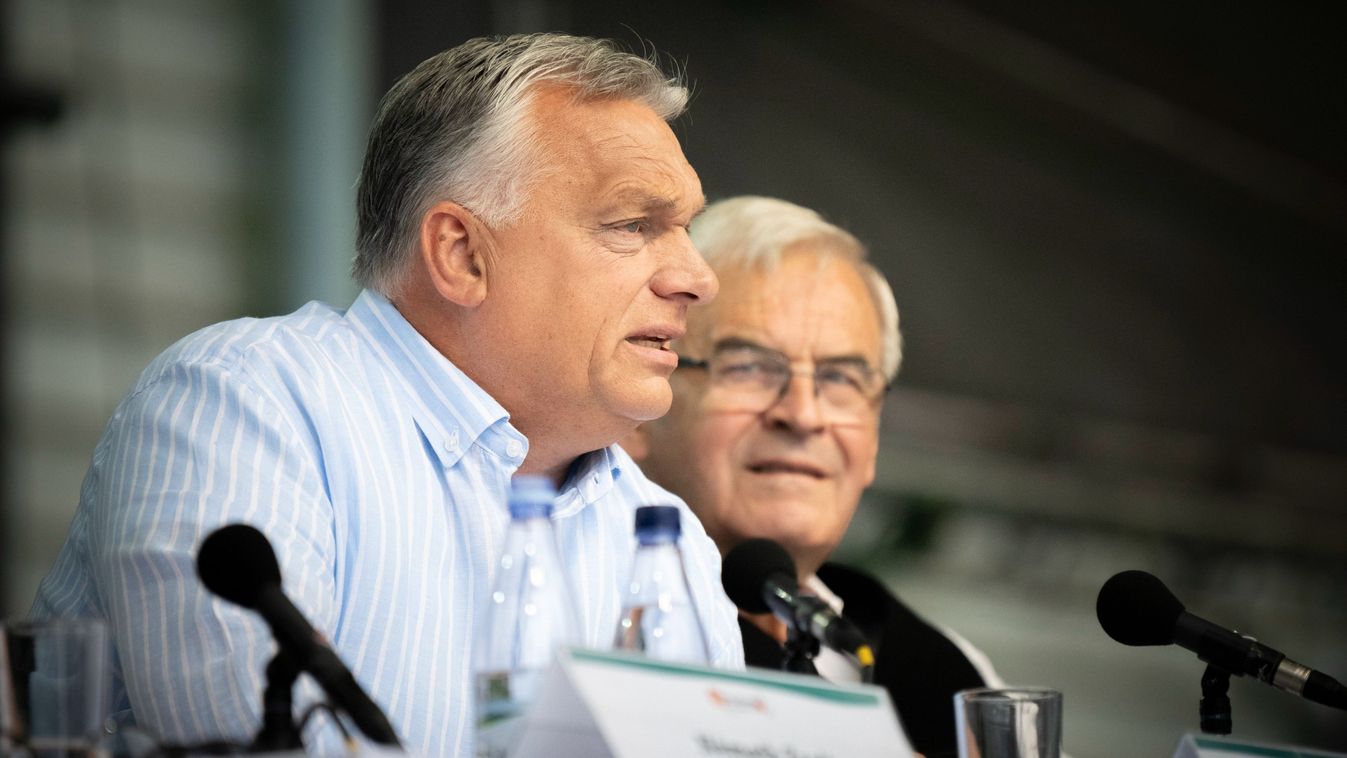
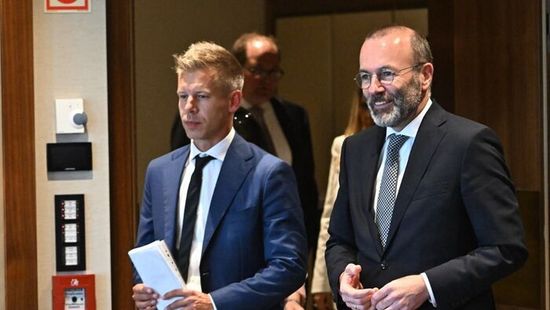
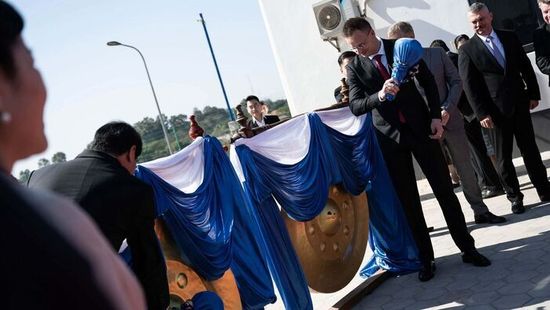
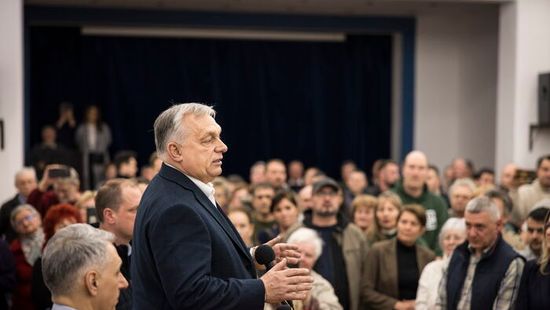
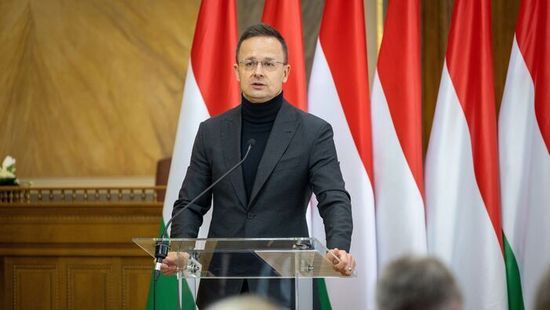

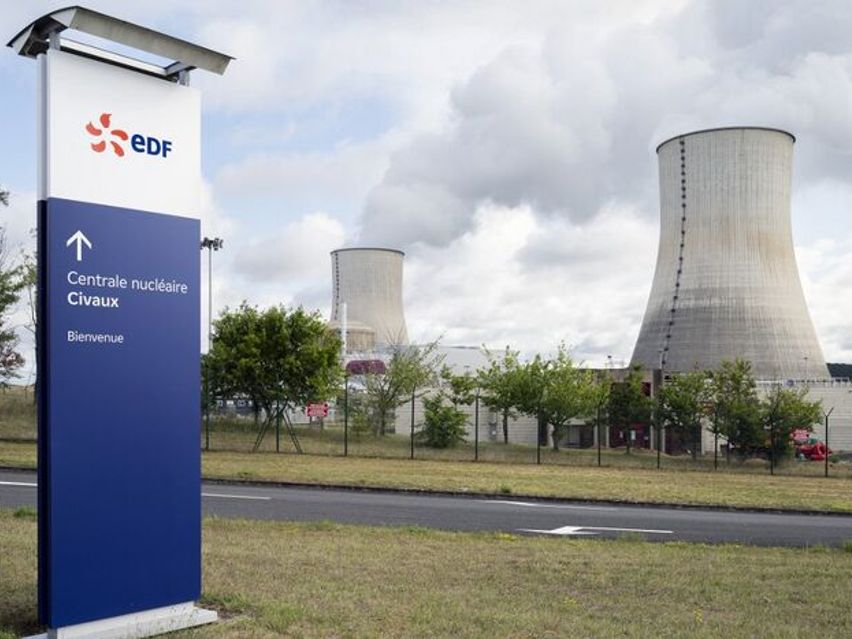

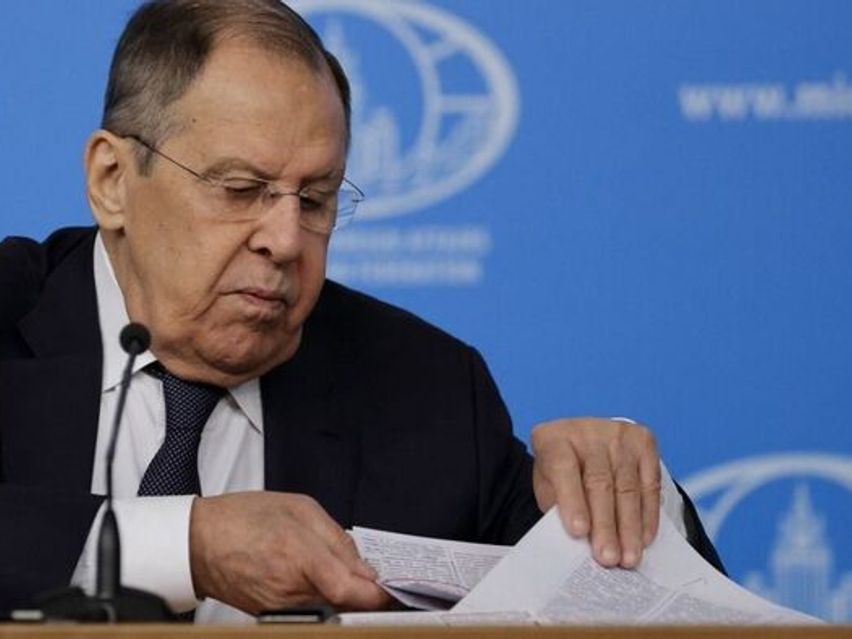
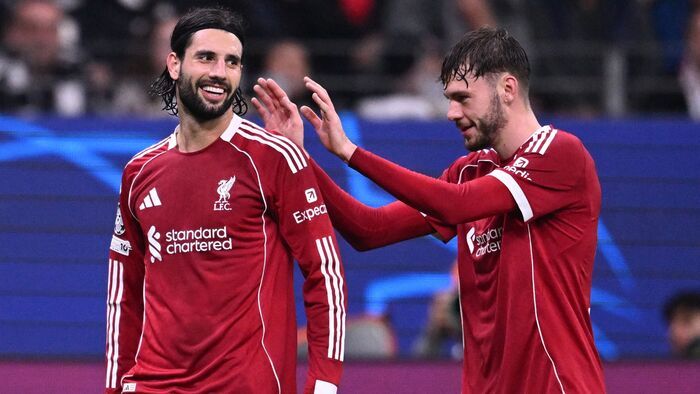

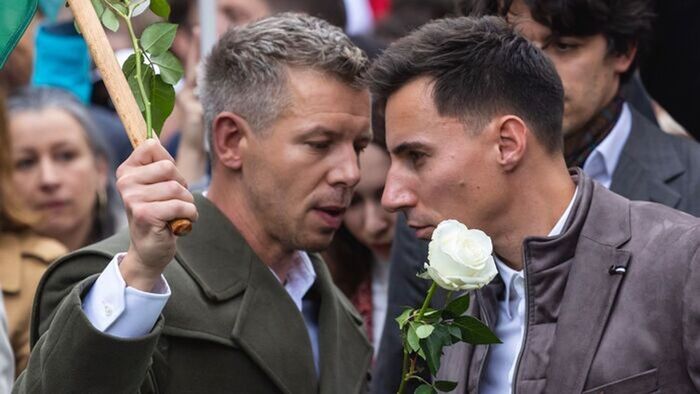
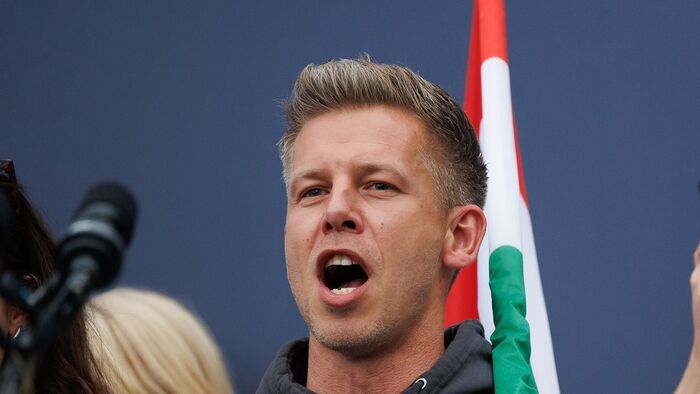
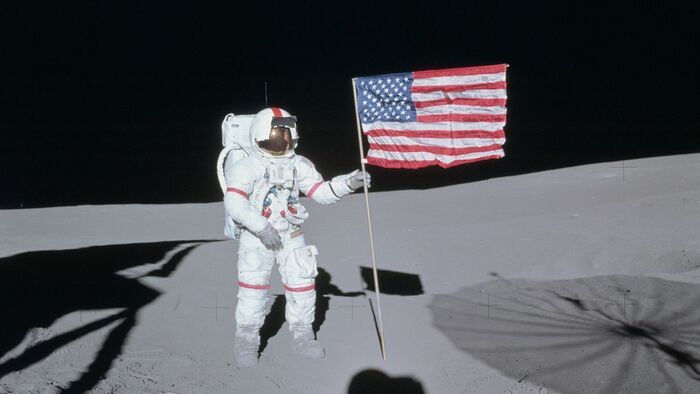
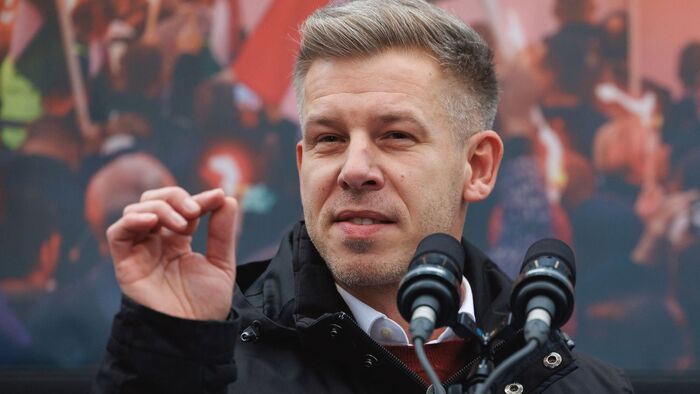
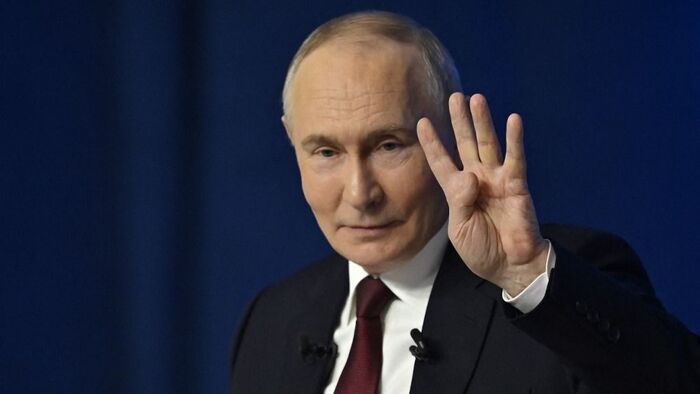
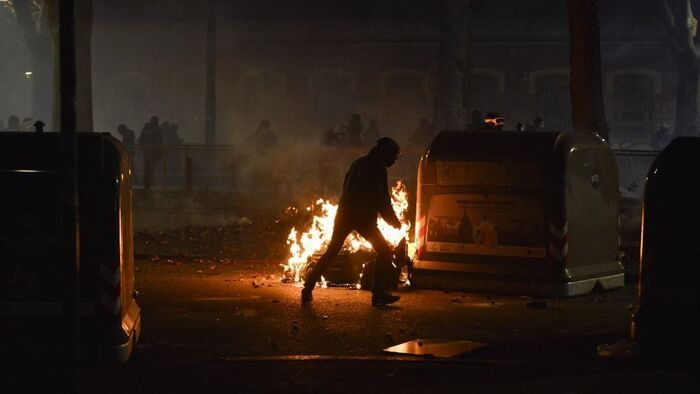
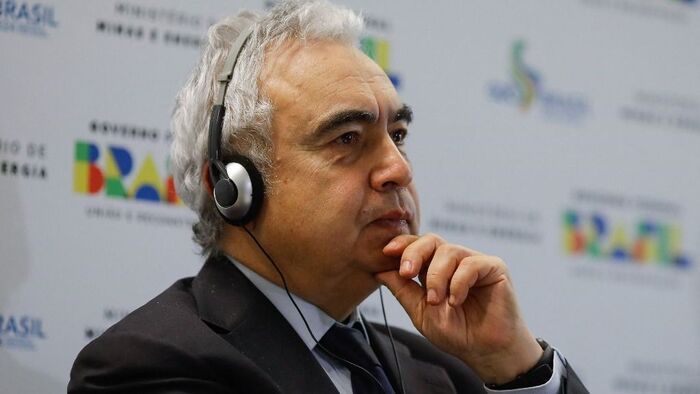


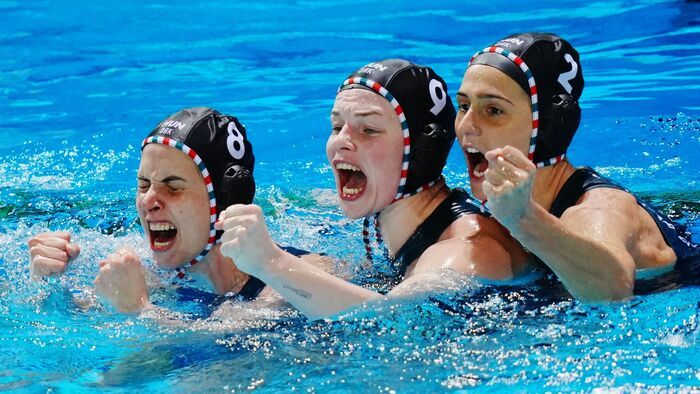
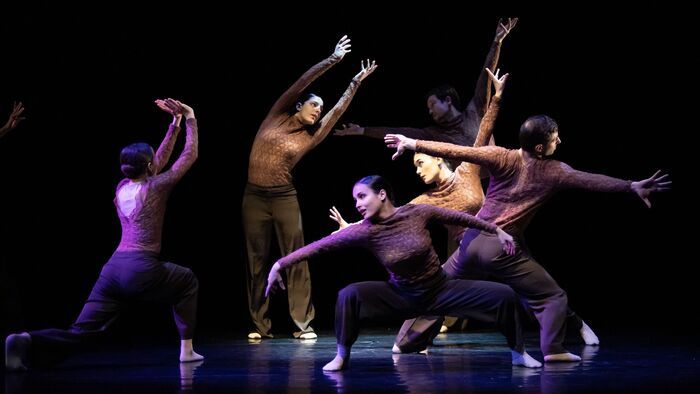

Szóljon hozzá!
Jelenleg csak a hozzászólások egy kis részét látja. Hozzászóláshoz és a további kommentek megtekintéséhez lépjen be, vagy regisztráljon!